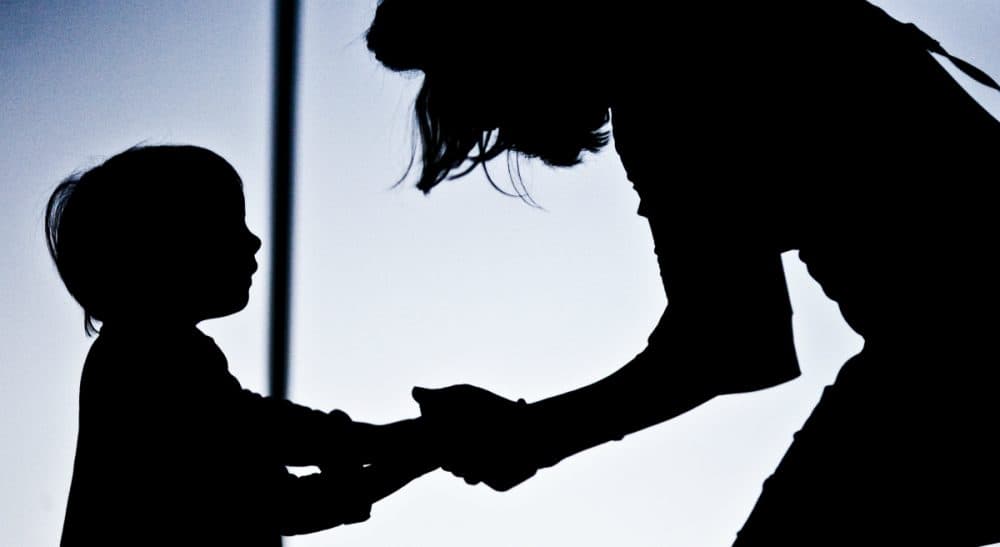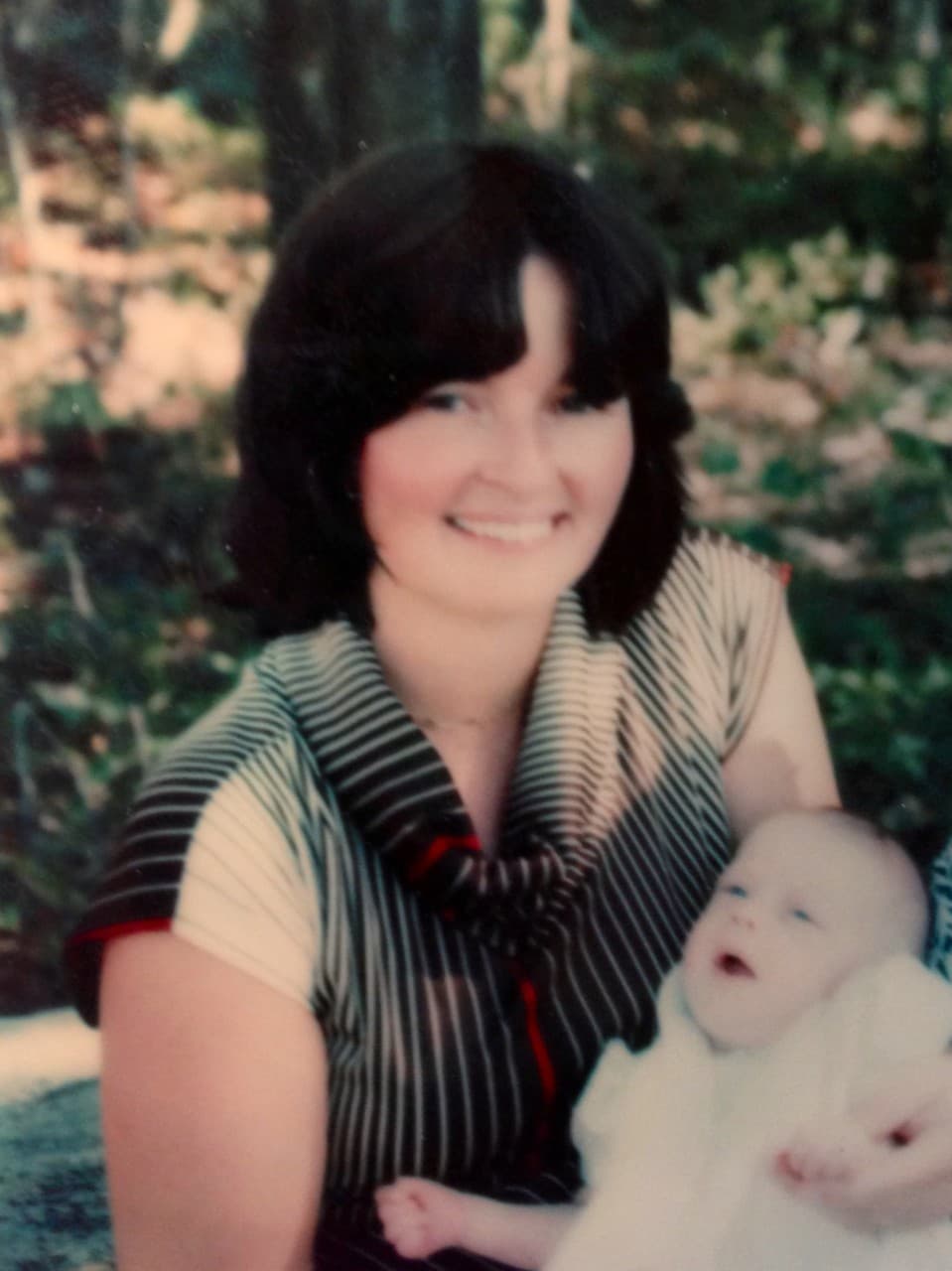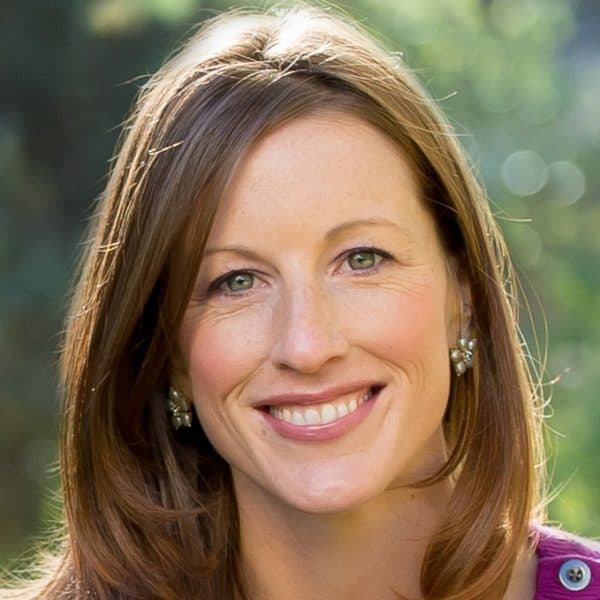Advertisement
Here, There, Everywhere: A Mother's Spirit

“Where is your mom?” my daughter, four years old at the time, asked me one morning while I was putting on my make-up in the bathroom.
“She’s not here,” I replied, adhering to the “don’t-tell-them-anymore-than-they-are-ready-for” advice I had followed since she began talking.
“But where is she?” she pressed. “Is she at the house you grew up in?”
“No, sweetie,” I answered, realizing, mascara wand in hand, that we were going to have this conversation now.
“If she’s not there, then where is she?”

I knew I had brought this conversation upon myself, because I had made a conscious decision to talk freely about my mother with both of my children, even though she had passed away before they were born. I wanted them to know when Fleetwood Mac’s “Gypsy” came on the radio that it was one of her all-time favorite songs; that she used to comb the tangles out of my long hair when I was their age and yes, I remembered how badly it hurt; that the muffins, cookies and cakes they loved so much were all her recipes. When my oldest daughter complained that she’d rather have blue eyes like her sister, I wanted her to know how much I loved her beautifully expressive brown eyes that reminded me so much of my mom’s.
I wanted my mother to be real to my daughters the way her mother, who died years before I was born, had always been real to me. Not some shadowy person from long ago who was solemnly revered but seldom spoken of, but an active part of our everyday lives. I knew that the grandmother I had never met was tall, loved to laugh, and made my mom feel like whatever she said was interesting and important. I knew that she was a wonderful cook, loved to read, wore Jean Naté perfume, and favored the song “Autumn Leaves” played on the piano. She was as real to me as my living grandparents were.
Advertisement
Back in the bathroom, I gave my daughter the most matter-of-fact explanation that I could. I explained that my mom had gotten sick, that she was older – because after all, 56 is ancient to a 4-year-old - and that she had stopped breathing. I assured her (falsely) that none of us could get the kind of sickness that my mom had and that it was very different from the colds and coughs we had all had. Still, she was shaken. Her concept of death up to that point revolved around ants, beetles, and the occasional squirrel we passed on the road. It had clearly never occurred to her that people, let alone mothers, could die.
I wanted my mother to be real to my daughters the way her mother, who died years before I was born, had always been real to me.
I hope, someday, to convey to both of my daughters that more often than thinking about the fact that my mother is dead, I marvel at how present and alive she remains nearly 10 years after her death. When I hear myself echoing the exact phrases she used so often with my brother and me; when I make her carrot cake, now the top requested birthday cake in our house just as it always was in mine; when I spend time with her friends and family who have gone out of their way to get to know the granddaughters she never had the chance to meet – she’s here.
The real answer to the question “where is she?” is “everywhere.”
But I know that this is a conversation for a future date. Moments after our bathroom conversation, my daughter approached me downstairs with tears in her eyes.
“But now you have dad, so you’re not alone and you’re okay, right?” she asked me.
“Yes,” I answered, “Absolutely. I have Daddy and you and your sister and my dad and my brother and…so many people – I am so lucky.”
“And you and daddy will always come back and never leave me, right?”
“That’s right – we’ll always come back and we’ll never leave you,” I replied.
And at least I know for sure that that last part is true.
Related:
- WBUR Special Project: Listen To Your Mom For Mother’s Day
- Ethan Gilsdorf: Honoring The Mom She’d Have Been If She Could
